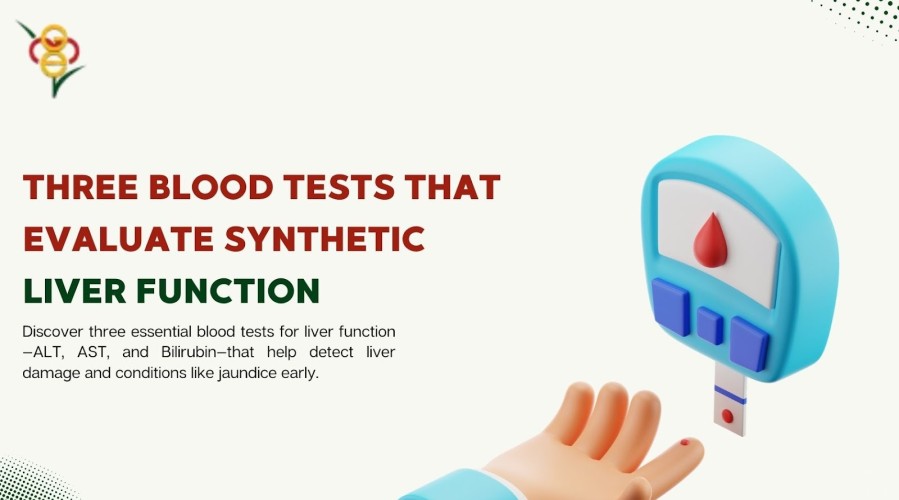Learn effective solutions for digestive problems with expert tips to improve gut health, reduce discomfort, and maintain a healthy digestive system.
What three blood tests examine synthetic liver function?

Taking care of your liver is crucial for overall health, yet many of us overlook the importance of regular check-ups until symptoms arise. To prevent such scenarios and ensure your liver functions optimally, understanding and regularly conducting specific blood tests is key. Here's a closer look at three fundamental blood tests that provide invaluable insights into your liver’s health.
1. ALT (Alanine Aminotransferase) Test – The Damage Indicator
The ALT test plays a pivotal role in monitoring liver health. Alanine aminotransferase is an enzyme found predominantly in the liver. Elevated levels of ALT in your blood usually suggest that your liver is suffering from some damage or inflammation. This test is often ordered if you're experiencing symptoms like fatigue, jaundice, or abdominal pain, or if you have a risk of liver disease due to factors like excessive alcohol consumption or a family history of liver issues. Regular ALT testing helps in early detection and management of potential liver conditions.
2. AST (Aspartate Aminotransferase) Test – The Enzyme Explorer
Similar to ALT, AST is another enzyme that when present in high amounts, may indicate liver damage. However, AST is not as specific to the liver as ALT; it is also found in other organs such as the heart and muscles. This test is typically conducted alongside the ALT test to determine the extent of liver damage. An elevated AST level, especially if it is much higher than ALT, can sometimes point to issues other than liver disease, such as heart problems or muscle injury.
3. Bilirubin Test – Checking the Breakdown
Bilirubin is a yellow pigment formed by the breakdown of red blood cells, and it is processed by the liver. This test measures the total bilirubin in your blood, including both direct (conjugated) and indirect (unconjugated) bilirubin. High levels of bilirubin can lead to jaundice, characterized by yellowing of the skin and eyes, and may indicate a blockage in your bile ducts or other problems in the way your liver processes this pigment. Monitoring bilirubin levels is essential not just for assessing liver function but also in diagnosing other health conditions.
Subtle Signs to Watch For
While understanding these tests is crucial, recognizing the less obvious symptoms of liver distress is equally important. Subtle signs such as persistent fatigue, unexplained weight loss, and changes in the color of your urine or stool can all indicate liver health issues. If you observe any of these symptoms, it's wise to consult a healthcare provider and discuss getting these tests done.
Schedule Your Liver Function Test Today
If you're concerned about your liver health or if it’s simply time for your regular check-up, scheduling a liver function test is a proactive step towards maintaining your health. GEM Hospital offers comprehensive liver function testing, guided by experts to ensure accurate results and proper care. Contact us today to schedule an appointment and take the first step towards ensuring your liver is functioning optimally.
Blogs & Article
Explore current research trends in digestive health, including new treatments, advanced diagnostics, and innovations improving gut health and patient care.
Discover common digestive health myths and the real facts. Learn simple tips to improve gut health and maintain better digestion for a healthier life.


